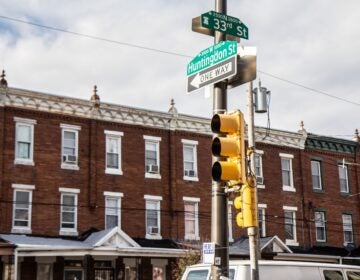The high cost of being broke: Dental care
Delayed dental care can lead to infection, costly surgery.
Listen 2:36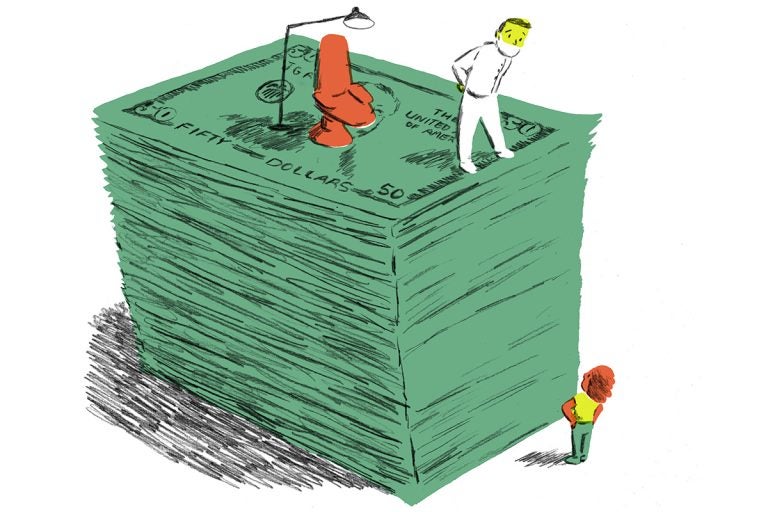
(Steve Teare for Broke In Philly/WHYY)
In February, one of Amanda Dornheim’s teeth started hurting.
For a while, she put off dealing with it.
She was uninsured — and hadn’t been to a dentist in two years. But even after she was enrolled in Medicaid, she couldn’t find a dentist who would take her plan or was accepting new patients.
Dornheim, who lives in Plymouth Meeting, Pennsylvania, makes an hourly wage at Victoria’s Secret and as a waitress, so paying out of pocket wasn’t an option. Just one filling can cost $150 to $200.
So she waited. She tried to ignore her aching tooth. By May, she couldn’t take the pain anymore.
“It started hurting, like, severely,” she said. “My nerve was exposed.”
She showed up as a walk-in patient at the Norristown Regional Health Center, which offers dental care to patients regardless of insurance plan or status.
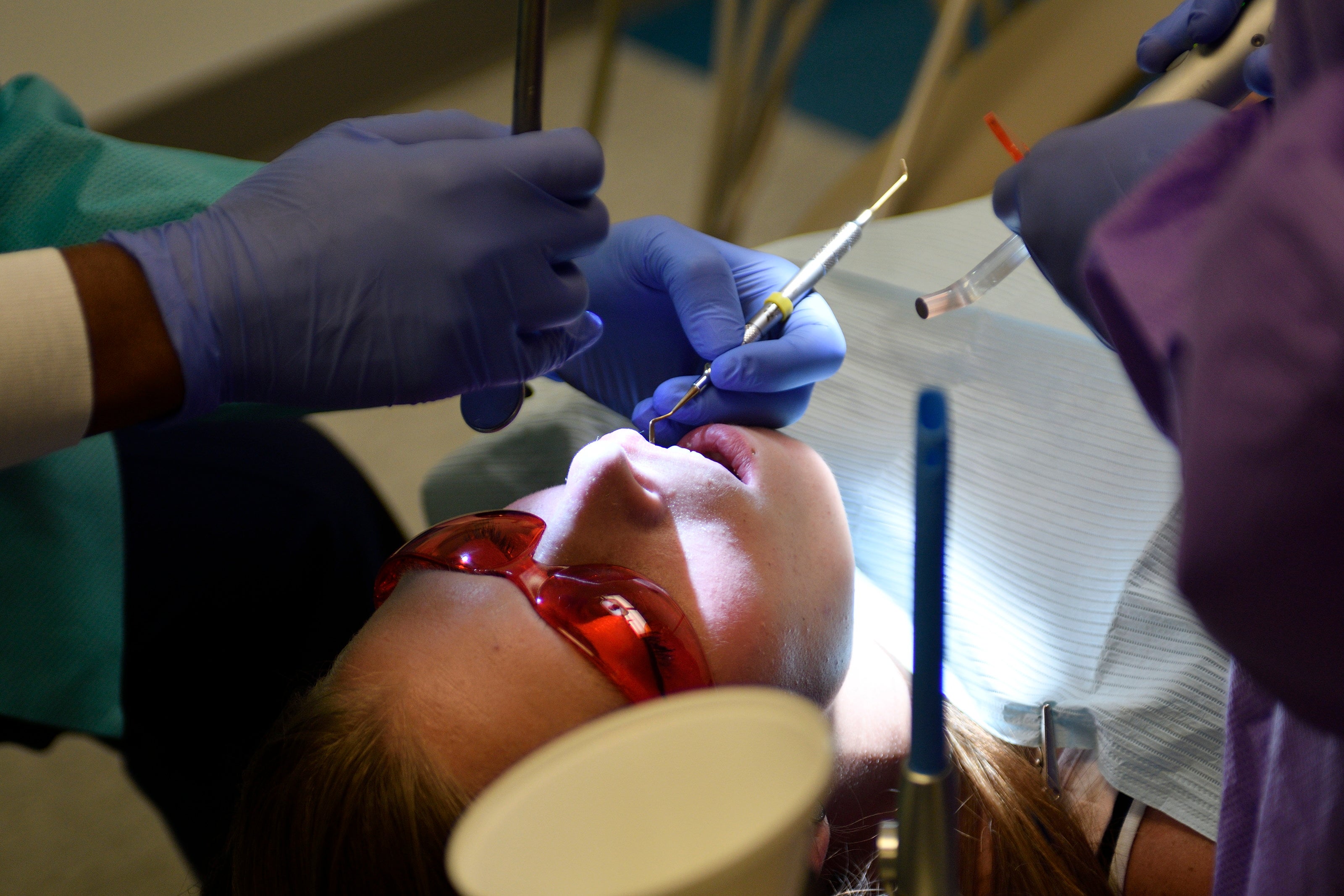
By that point, Dornheim’s tooth was beyond saving. The tooth had decayed so significantly that the root had become infected, and the infection had spread down to her sinuses.
The dentist prescribed antibiotics to cure the infection, but the only long-term solution was surgery: to remove the tooth while Dornheim was asleep under general anesthesia.
Her Medicaid insurance plan, Keystone First, doesn’t cover anesthesia without prior authorization, so she has to wait for her plan to approve the extraction.
The antibiotics helped with some of the pain. So did cutting back on sugary sodas and snacks. But Dornheim has to live with the ongoing discomfort until she hears from Keystone First.
In the meantime, the dentist also found more than 10 other cavities, so Dorheim is having those filled one by one. Medicaid covers fillings, so Dornheim doesn’t have to pay for those out of pocket.
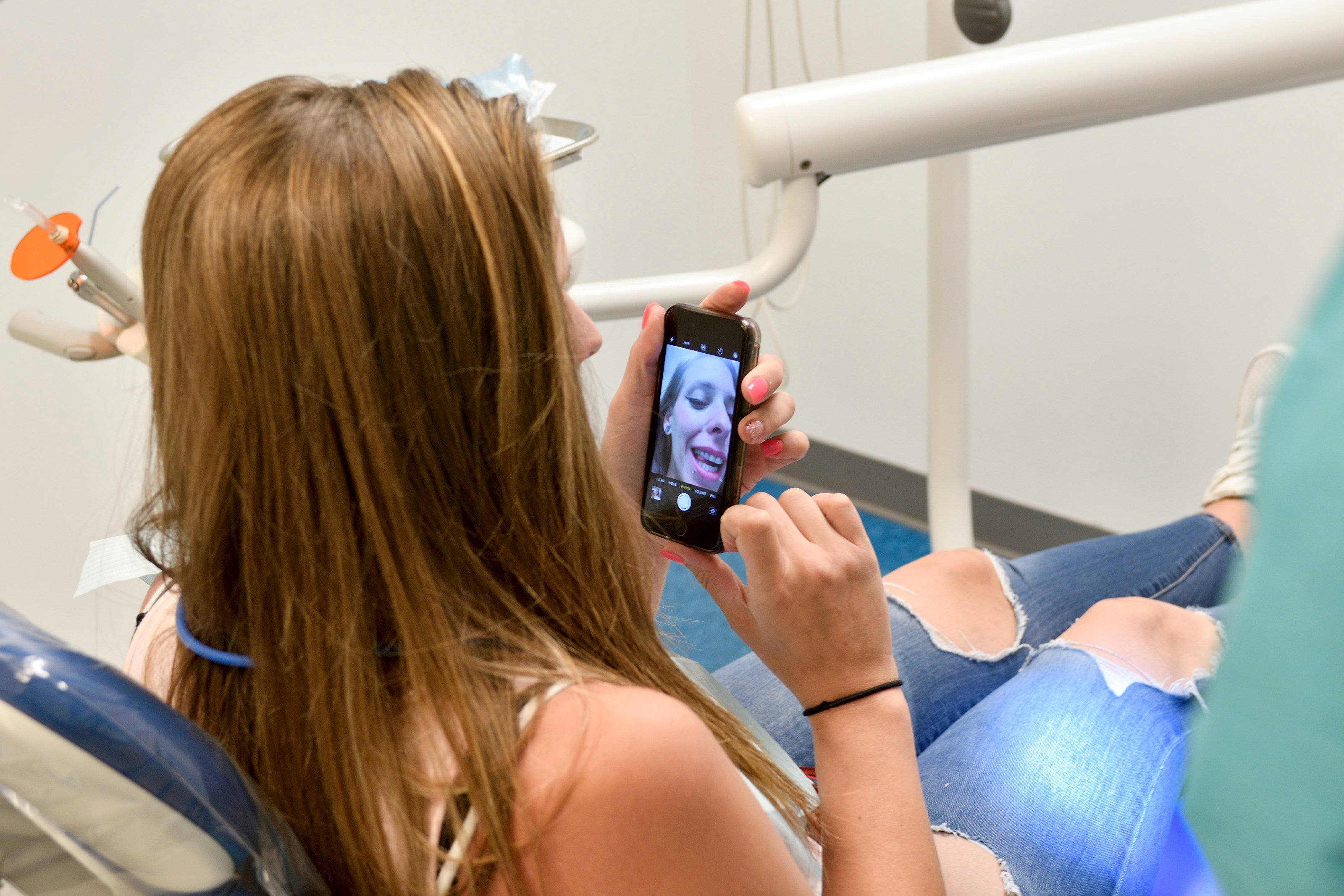
But you can only do so much dental work in one visit — so it’s going to take a while to fix the damage from years without dental care.
Many low-income Americans find themselves in Dornehim’s position.
Approximately 72 million Americans rely on Medicaid and CHIP for dental coverage, yet two-thirds of dentists do not accept either kind of coverage, according to the Pew Dental Campaign.
Public health plans often have lower reimbursement rates than private insurers. And dentists who do accept Medicaid and CHIP often say their patient rolls are full — that they’re not accepting new patients.
Lots of people procrastinate or want to avoid the dentist. But some of the challenges for low-income people include not having transportation or not being able to take time away from work during dental office hours. Delays mean a toothache can become so painful that people end up in the emergency room for treatment.
In 2012, Medicaid spent $520 million on dental-related emergency room visits, according to the American Dental Association’s Health Policy Institute. Pew estimates that spending could pay for a million routine dental visits a year.
Hard to smile
For Amanda Dornheim, part of the solution was finding the Norristown Regional Health Center, which is run by Delaware Valley Community Health, Inc., a federally qualified health center. The dental clinic not only accepts her insurance, but if she needs a procedure that Medicaid won’t cover, the clinic will work with her to develop a payment plan so that she can get the care she needs. The clinic also has a sliding-scale payment system based on a patient’s income and family size.
“We are here for anyone who does not have, or they feel they don’t have, access to care,” said Varsha Gogate-Bhuyan, lead dentist at the Norristown office. “They can come here, and they can get at least the most basic treatment done.”
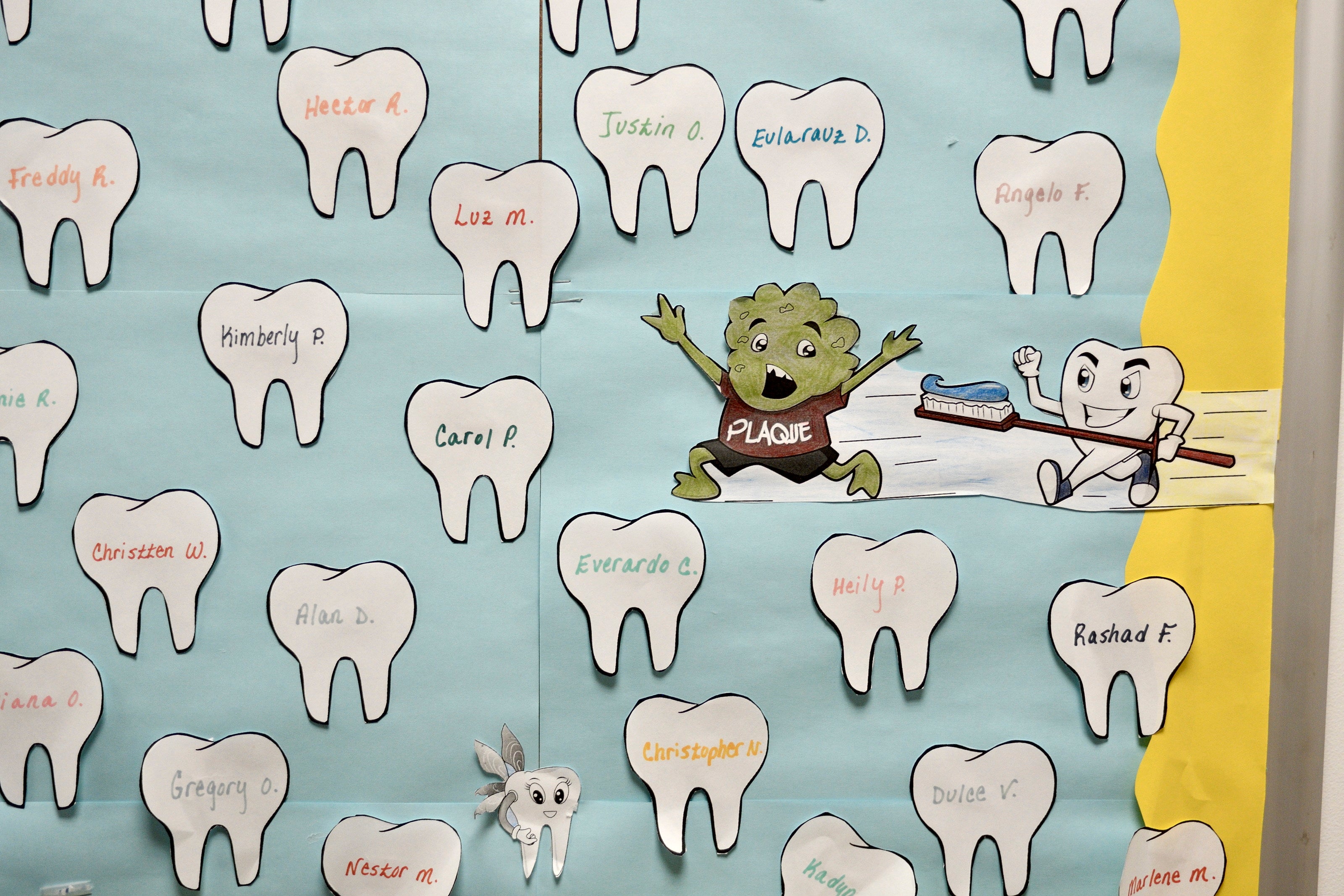
Two days a week, the clinic stays open until 6 p.m. to accommodate patients who work late or are in school. On Thursdays and every other Friday, it’s open at 7:30 a.m. so patients can get care before work or school.
The health center will also see Dornheim’s two children. And Delaware Valley Community Health often refers its OB/GYN patients and kids to the dental clinic downstairs.
Gogate-Bhuyan said starting good habits early can forestall many of the crises she sees with adult patients.
“If only they had come in five years prior, so that it’s not, ‘Oh, unfortunately now we have to extract the teeth and do dentures,’ ” she said. “So from my standpoint, I think from most dentists’ standpoint, we wish that we were seeing the patient earlier.”
Elsie Casimir, the Norristown dentist who is treating Dornheim, said approximately 60 to 70 percent of her patients come for the first time with an emergency or problem. When financial barriers keep patients from coming in, people often need multiple fillings or extractions that can take months to complete.

The goal is to get people into a habit of routine cleanings.
“So we do provide quality care and want to provide quality care, but, sometimes when they come to us, there’s a lot to be done,” Casimir said.
Poor dental care doesn’t just mean toothaches and cavities. Gum disease can lead to heart disease and premature deliveries. Having multiple teeth extracted also changes a person’s appearance, which can make it hard to get a job.
Working in customer service, Dornheim said her decaying front teeth probably make her less friendly on the job than she could be.
“I don’t really smile because of it,” she said.
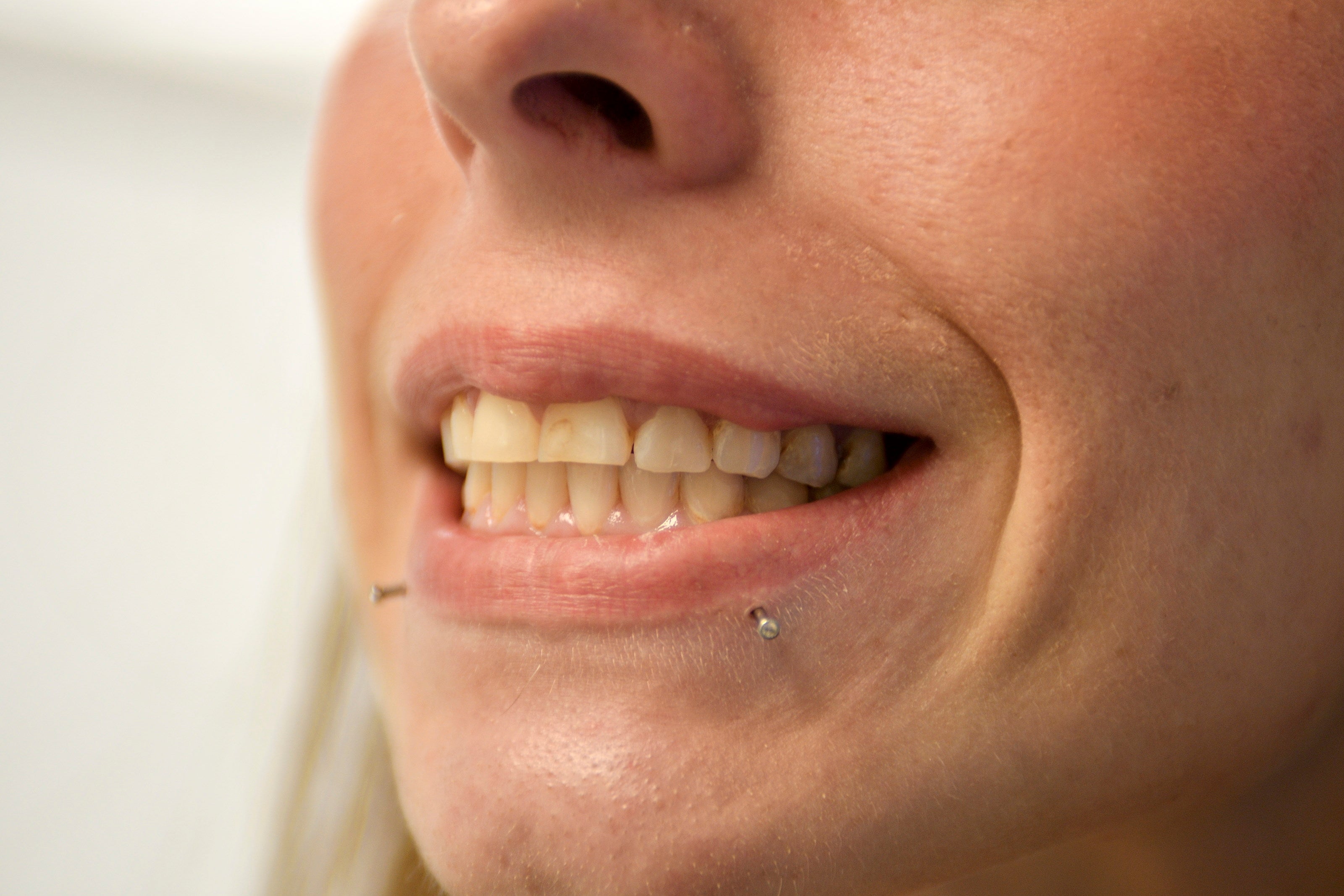
Not smiling could mean a lower tip at the restaurant or a lost sale from a potential customer. It could also mean not getting a higher-paying job somewhere else.
For now, Dornheim is working with the dentist on a treatment plan to fill all of her cavities. She had her first cavity filled in July. The second will be filled in late August.
—
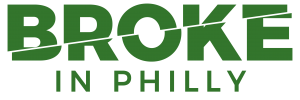 WHYY is one of 19 news organizations producing Broke in Philly, a collaborative reporting project on solutions to poverty and the city’s push toward economic justice. Follow us at @BrokeInPhilly
WHYY is one of 19 news organizations producing Broke in Philly, a collaborative reporting project on solutions to poverty and the city’s push toward economic justice. Follow us at @BrokeInPhilly
WHYY is your source for fact-based, in-depth journalism and information. As a nonprofit organization, we rely on financial support from readers like you. Please give today.


